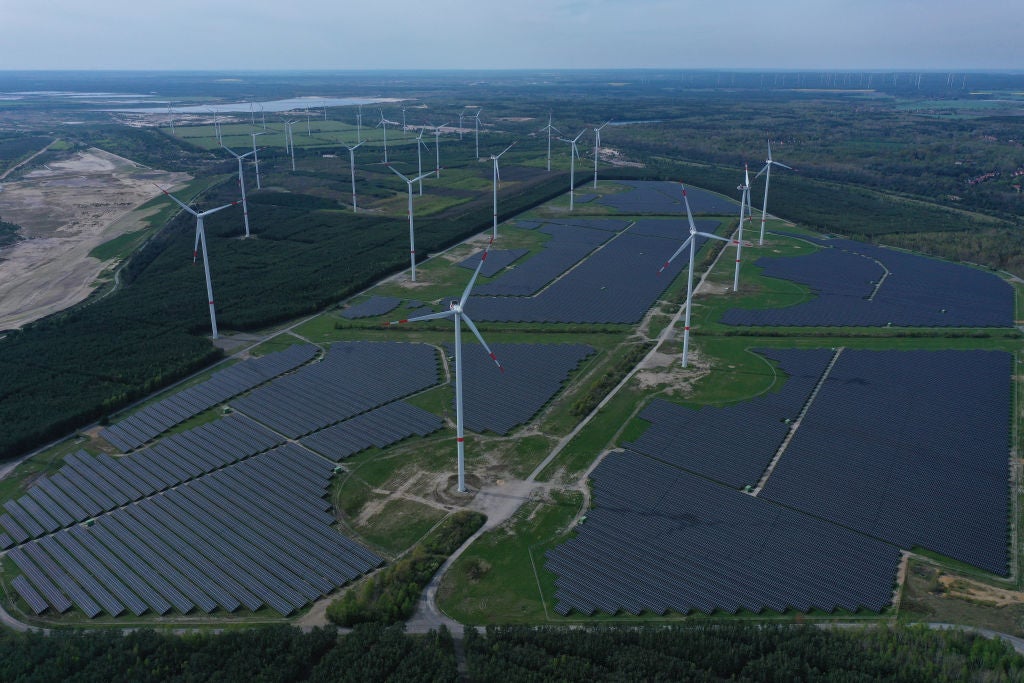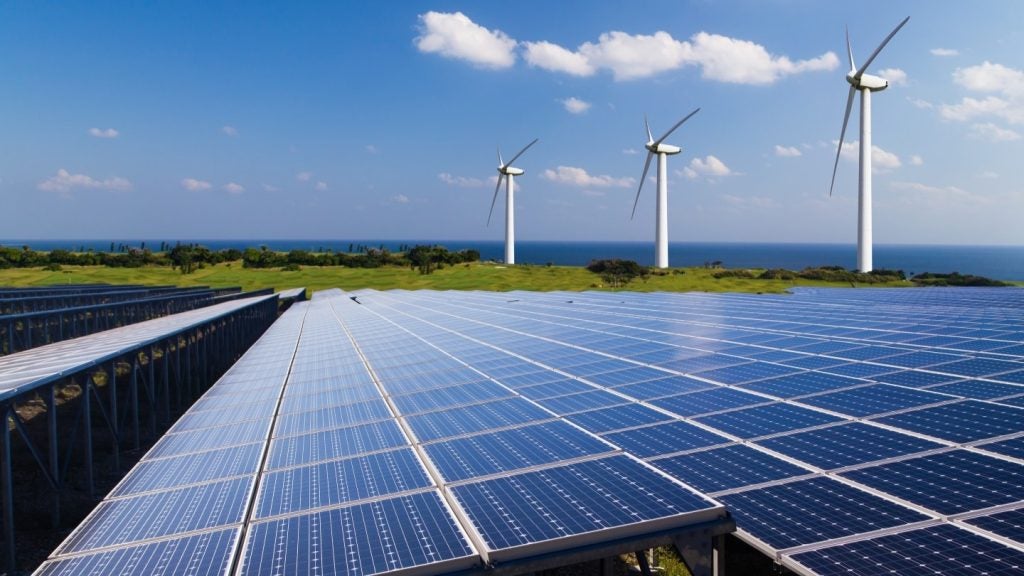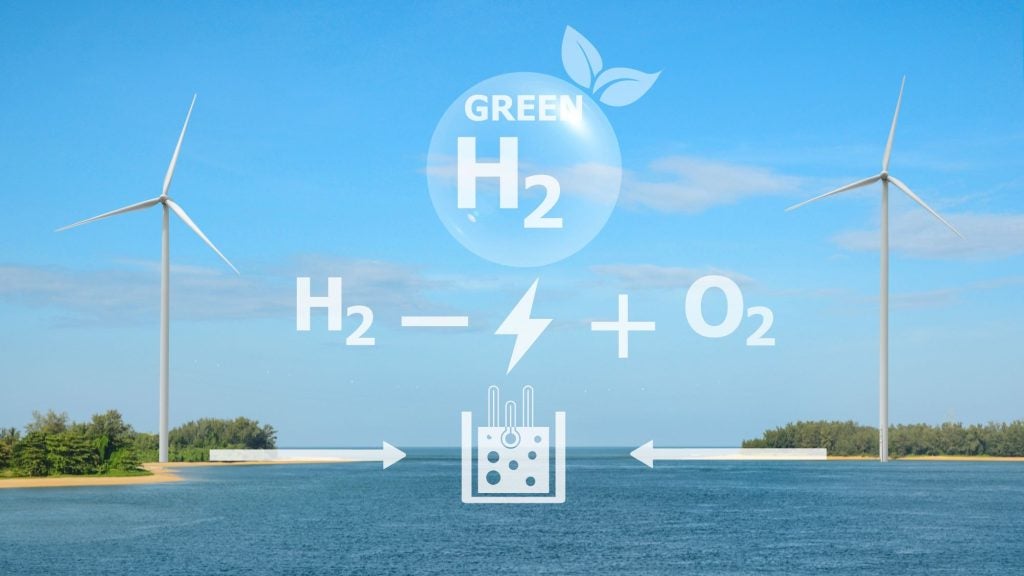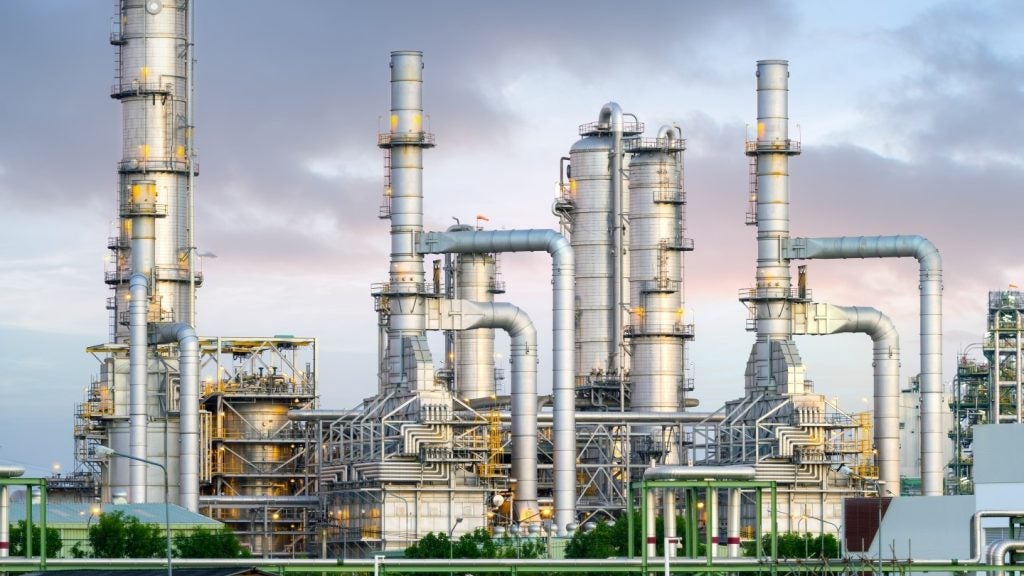The UK Government will invest a further £21m ($26.57m) into seven hydrogen projects across the country as it moves to ramp up production of the fuel to meet net-zero targets, although most will produce blue hydrogen.
Four of the selected projects will develop plans for new hydrogen production plants for eventual industrial use. The plants will supply fuel to companies across a range of sectors, from pharmaceuticals to automotive, the government said in a press statement on Tuesday. The remaining three projects are due to be built in Aberdeen, Tees Valley and Suffolk.
Minister for Energy Efficiency and Green Finance Martin Callanan said: “We expect hydrogen to play a vital role in decarbonising businesses and transport as we work towards meeting our net-zero targets.
"These new projects announced today are further proof of our enduring commitment to supporting the UK’s growing hydrogen industry on that journey. This follows our announcement of over £2bn for 11 other green hydrogen production projects, making sure more of our energy is made at home in the UK.”
The majority of the UK’s planned hydrogen projects are currently set to produce blue hydrogen, which is extracted from natural gas with carbon capture ostensibly used to remove emissions.
The government has already backed plans for several major new hydrogen plants this month. In early February, it announced its support for the construction of what is set to be the UK’s first industrial-scale hydrogen plant at the huge Stanlow oil refinery in the country’s north-west. However, environmental campaigners have criticised plans to use the hydrogen produced to fuel the oil refinery as contradictory.
Last week, a local council granted planning permission for Norwegian oil major Equinor's H2H Saltend hydrogen project in Yorkshire.
Both projects are also set to produce blue hydrogen rather than green hydrogen, which uses renewables-powered electrolysis to produce clean fuel.
Blue hydrogen has come under fire in recent months after several major studies found it to have an equally or more polluting process than simply burning the gas used in production directly for energy. A research paper published last week by NGO the US Environmental Defense Fund found the use of blue or low-carbon hydrogen could increase near-term global warming by 50% compared with burning fossil fuels directly.
The latest funding follows government support for 11 major new hydrogen production projects, announced last December, as the country looks to boost the fledgling industry.















